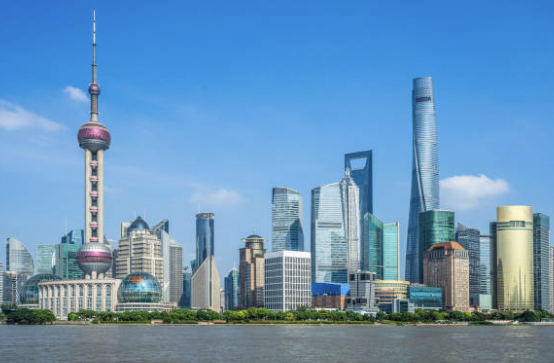1. Machine Specifications and Customization
- Profile Requirements: Ensure the machine can produce the specific profiles you need (e.g., roofing, panels, purlins). Chinese manufacturers often offer customization, so share detailed profile drawings and specifications.
- Material Compatibility: Confirm that the machine can handle your chosen materials, including material thickness, width, and gauge.
- Production Speed: Choose a machine that meets your production speed requirements, which is essential for maintaining efficiency and meeting demand.
2. Quality and Durability
- Roller and Frame Quality: Look for machines with durable rollers (often made from hardened steel) and a robust frame to ensure long-term use.
- Precision of Forming: High-precision forming capabilities are critical, especially if you need tight tolerances.
- Component Quality: Inspect the quality of essential components, such as servo motors, PLC systems, hydraulic systems, and safety enclosures.
3. After-Sales Service and Technical Support
- Service Availability: Check if the manufacturer provides on-site installation, setup support, and operator training. Some companies offer these services for overseas clients.
- Spare Parts and Maintenance: Ensure easy access to spare parts and inquire about maintenance schedules to avoid production downtime.
- Warranty and Support: Reliable after-sales support with a warranty on parts and labor can be a strong indicator of quality.
4. Power Requirements and Compatibility
- Voltage Compatibility: Ensure the machine’s power supply meets your country’s voltage and frequency standards, as power setups vary significantly.
- Energy Consumption: Machines with efficient motors and optimized power usage can help reduce operational costs.
5. Machine Pricing and Total Cost of Ownership
- Machine Cost: While price is essential, consider the machine's long-term performance and durability. Avoid low-quality options that could lead to high repair costs.
- Shipping and Import Duties: Calculate the total cost, including shipping, taxes, and import duties, to understand your investment fully.
- Value-Added Features: Compare the features provided for the price, such as optional extras like coil car tippers, remote PLC systems, and automatic stackers.
6. Manufacturer Reputation and Certifications
- Manufacturer Experience: Choose reputable manufacturers with a strong presence and positive reviews in the roll forming industry.
- Industry Certifications: Look for ISO certifications or other industry standards, indicating quality manufacturing practices.
- Client References: If possible, ask the manufacturer for client references or case studies to understand their track record with international buyers.
7. Compliance with International Standards
- Safety Standards: Ensure the machine meets global safety standards and includes necessary safety enclosures and guards.
- Compliance Documentation: Verify that the manufacturer provides compliance certificates for easier customs clearance.
8. Customization for Shipping and Installation
- Shipping Preparation: Confirm that the machine is packaged appropriately for international shipping to avoid damage.
- Installation and Setup Guidance: Request detailed setup documentation or videos, especially if the manufacturer does not provide on-site installation.
9. Remote Control and Automation Options
- PLC and Automation: Many machines now include PLC systems with remote control, enhancing operational efficiency.
- Remote Troubleshooting: Some manufacturers offer remote diagnostic and troubleshooting capabilities, which can be very beneficial if local technical support is limited.
Considering these factors will help ensure you purchase a high-quality roll forming machine that fits your production needs, budget, and long-term operational goals.




